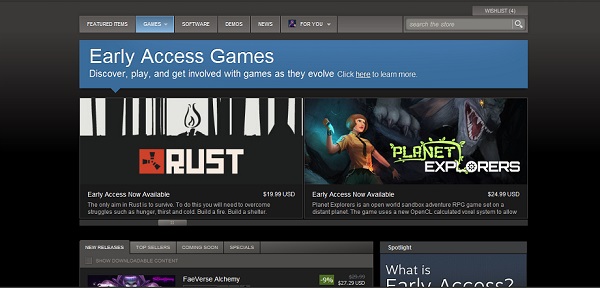
The concept of early access is not a strange one to PC gamers. It is essentially paying for access to a game early, usually during early development stages. While some are already familiar with access to beta tests for games, this takes the concept of player feedback and participation to a whole new level. Of course, it also allows studios to have some income long before their game is released.
Indie developers tend to favour this sort of thing as a means of financing their work, although some bigger studios have been getting in on the act. As an alternative to the crowdsourcing found on the likes of Kickstarter or Indiegogo, it requires the developer to actually have put some work into the game first; an act that at least reassures those who buy into the game that they are not dealing with some sort of elaborate scam.
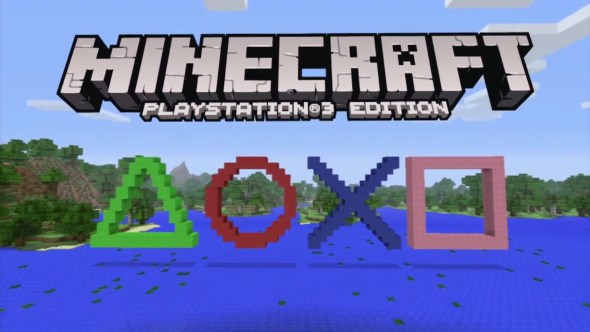
Initial attempts at early access provided games at a significant discount. Minecraft was originally released for free as a browser based game; and the price increased as development continued. Those who bought into the game early got away with paying US$13 for a game that now costs twice as much. This was fair at the time, due to the lack of features and refinement in the development stages.
The same method was used by Kerbal Space Program and Don’t Starve, both of which have found a moderate amount of success in the gaming world.
Keeping early access prices low makes sense. After all, these developers were asking users to buy a game that was years away from the final release (Kerbal Space Program is still not anywhere near completion). Which essentially meant a large number of bugs and missing features.
Starbound has this going for it. As a game it is far from complete. In fact, the developers are currently revamping the combat system after receiving a large amount of complaints from the playerbase. Similarly, Rust, an early access MMO zombie survival game, eventually removed the zombies from the game. The developer, Facepunch, decided that he was “sick” of seeing zombies in games and is currently working on replacing the stand-in wolves and bears with something else. In all fairness, zombies are beginning to be very cliché.
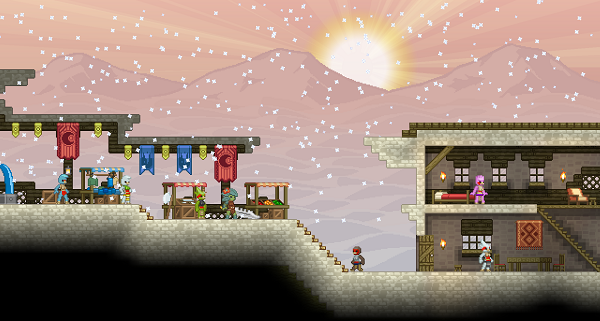
This sort of thing creates an ideal situation where the developer gets to make the game people want to play. As paying customers, the players already have a right to be heard; while the developer worries less about whether the game will sell. In the end, everyone wins.
However, it is becoming a trend to ask for the full price of a game while in the early access stages. Steam alone has Planetary Annihilation for US$49.99 and Galactic Civilizations III for US$99.99. Those prices are normally associated with AAA titles from extremely large studios; more importantly, those prices tend to indicate finished games.
Stardock, the developer for Galactic Civilizations III, has claimed that this price tag is high because it includes all future DLCs and will help ensure the game receives the funding needed to make it a great experience. They also claim that the price for early access will drop at some point; to about US$49.99.
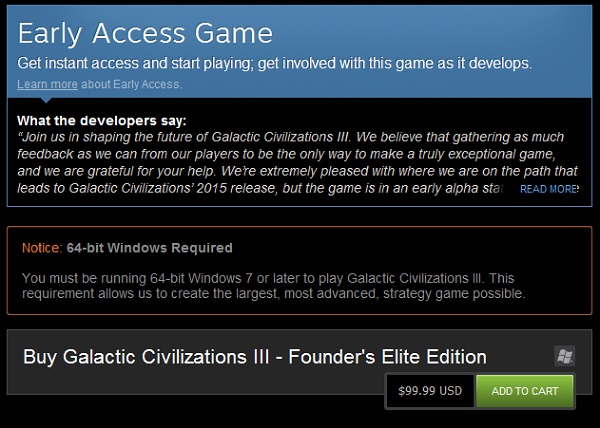
To be clear, even US$49.99 is nowhere near reasonable for an incomplete game; especially for a studio that has already established itself and is not making the third instalment to a series. Why would they need to crowdsource funding in this manner? Galactic Civilizations is a well-received title, and still has a wide appeal for fans who want to play what is effective Sid Meier’s Civilization series on a galactic scale.
Planetary Annihilation’s inflated early access price tag provided a different justification. The studio behind it was trying to match the price of the Kickstarter tier that provided early access to the game. In essence, it was being fair to those who back the game by making everyone pay the same price. A reasonable excuse, considering that to do this the initial alpha had to cost US$99.99.
With this in mind, crowdsourcing should have already provided Uber Entertainment, the studio behind Planetary Annihilation, with enough funds to at least reach a playable beta. The game’s initial Kickstarter goal was a modest US$900,000 for a game of this scale; and still managed to acquire more than twice as much as they were asking for.
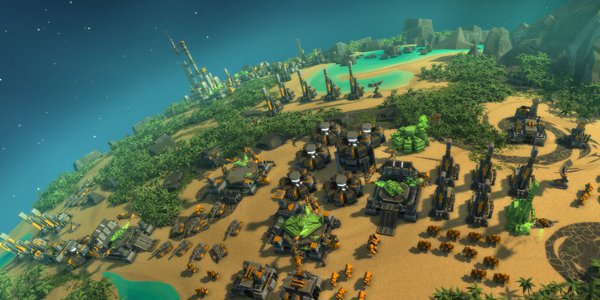
In contrast, FTL: Faster Than Light managed to fund the game entirely from Kickstarter. The award winning space adventure title had an early access period for those who backed it, and nobody else. There wasn’t even an open beta stage. Just keeping the original promise and then releasing the game to everyone. Although many people were willing to throw money at Subset Games in order to play the game early.
Ideally, early access games should be left to smaller studios and developers who have just enough saved up to get an early build finished; with the final touches coming courtesy of fans who buy into the game. Starbound, Rust, and Minecraft are great examples of early access done right. When implemented correctly, there is great potential for both gamers and developers to come together to build a truly great game; even if it gets stuck in development for a couple of extra years.
On the other hand, there is a limit to how much people will pay for an unfinished product – no matter how promising it could be. Pushing those limits could potentially damage the game’s image before it launches, although by how much can’t entirely be said. Neither of those ridiculously expensive early access games are released yet; and it appears that it will be a very long wait to find out what happens next.
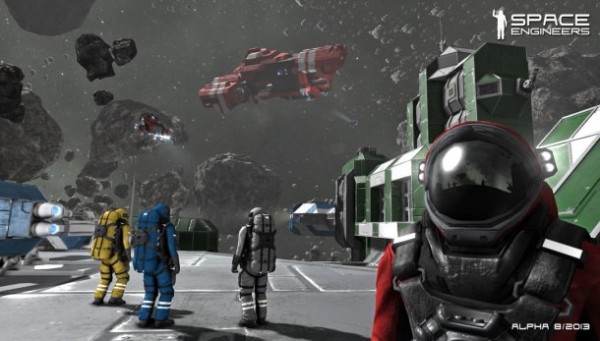
Until that happens, Space Engineers is currently on early access and has now implemented multiplayer; and the price tag isn’t too expensive.

